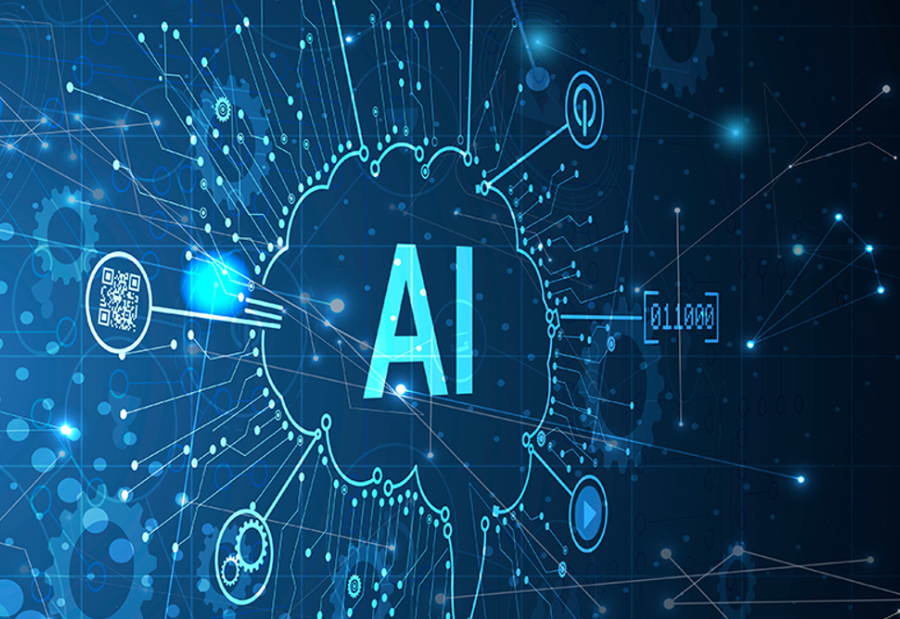Microsoft has unveiled details of a new artificial intelligence system that outperforms human doctors in diagnosing complex medical cases, marking what it calls a significant step towards “medical superintelligence”.
The AI system, developed by Microsoft’s AI division led by British tech entrepreneur Mustafa Suleyman, has been designed to imitate a group of expert doctors working together to solve “diagnostically complex and intellectually demanding” medical challenges.
According to Microsoft, when combined with OpenAI’s latest o3 model, the system successfully solved more than 80% of carefully selected case studies. In comparison, human doctors working alone, without access to colleagues, textbooks or chatbots, only managed to solve 20% of the same cases.
Microsoft also said the system could be a more cost-effective option than relying entirely on human doctors, as it is more efficient in ordering diagnostic tests.
Despite this, the company emphasised that AI is not intended to replace doctors but to support them.
“Their clinical roles are much broader than simply making a diagnosis. They need to navigate ambiguity and build trust with patients and their families in a way that AI isn’t set up to do,” Microsoft stated in a blogpost announcing the research, which is being submitted for peer review.
The phrase “path to medical superintelligence” suggests the possibility of significant changes in healthcare. While artificial general intelligence (AGI) refers to systems that can match human abilities across various tasks, superintelligence describes technology that surpasses human intelligence altogether.
Suleyman told the Guardian that he believes this AI system could be operating almost flawlessly within the next decade.
“It’s pretty clear that we are on a path to these systems getting almost error-free in the next 5-10 years. It will be a massive weight off the shoulders of all health systems around the world,” he said.
Microsoft explained that the research aimed to move beyond AI models simply performing well on multiple-choice tests like the United States Medical Licensing Examination. The company argued that such tests often reward memorisation rather than true understanding, which could give a false impression of AI’s medical abilities.
Instead, Microsoft is building a system that mirrors how real-world doctors work — asking specific questions, ordering the right tests, and arriving at a diagnosis step by step. For example, a patient with cough and fever symptoms may need blood tests and a chest X-ray before being diagnosed with pneumonia.
The AI was tested using complex case studies from the New England Journal of Medicine (NEJM). Suleyman’s team converted over 300 of these studies into interactive case challenges for the system to solve.
The system combines existing AI models from OpenAI, Meta, Anthropic, Elon Musk’s Grok, and Google’s Gemini with Microsoft’s own agent-like AI tool known as a “diagnostic orchestrator”. This orchestrator works like a virtual panel of doctors, deciding what tests to order and determining the diagnosis.
According to Microsoft, when paired with OpenAI’s o3 model, the system solved over eight in 10 of the NEJM cases, while human doctors managed only two in 10.
The company claims the AI has the potential to offer “breadth and depth of expertise” across medical fields beyond what individual doctors can provide.
“Scaling this level of reasoning – and beyond – has the potential to reshape healthcare. AI could empower patients to self-manage routine aspects of care and equip clinicians with advanced decision support for complex cases,” Microsoft added.
However, the company admitted the system is not ready for clinical use, and more testing is required, especially on common symptoms.
Also read: Viksit Workforce for a Viksit Bharat
Do Follow: The Mainstream formerly known as CIO News LinkedIn Account | The Mainstream formerly known as CIO News Facebook | The Mainstream formerly known as CIO News Youtube | The Mainstream formerly known as CIO News Twitter |The Mainstream formerly known as CIO News Whatsapp Channel | The Mainstream formerly known as CIO News Instagram
About us:
The Mainstream formerly known as CIO News is a premier platform dedicated to delivering latest news, updates, and insights from the tech industry. With its strong foundation of intellectual property and thought leadership, the platform is well-positioned to stay ahead of the curve and lead conversations about how technology shapes our world. From its early days as CIO News to its rebranding as The Mainstream on November 28, 2024, it has been expanding its global reach, targeting key markets in the Middle East & Africa, ASEAN, the USA, and the UK. The Mainstream is a vision to put technology at the center of every conversation, inspiring professionals and organizations to embrace the future of tech.



